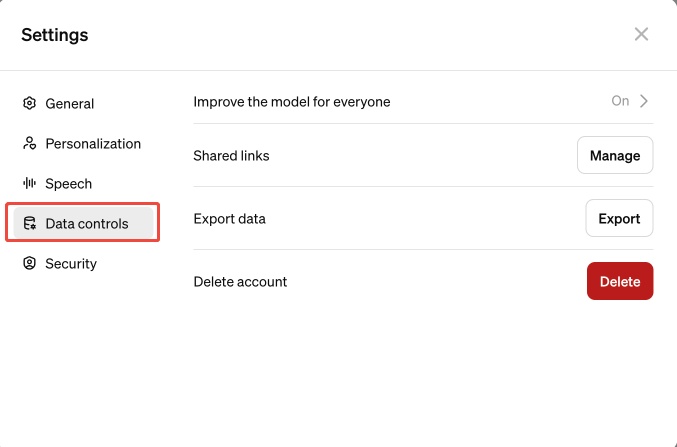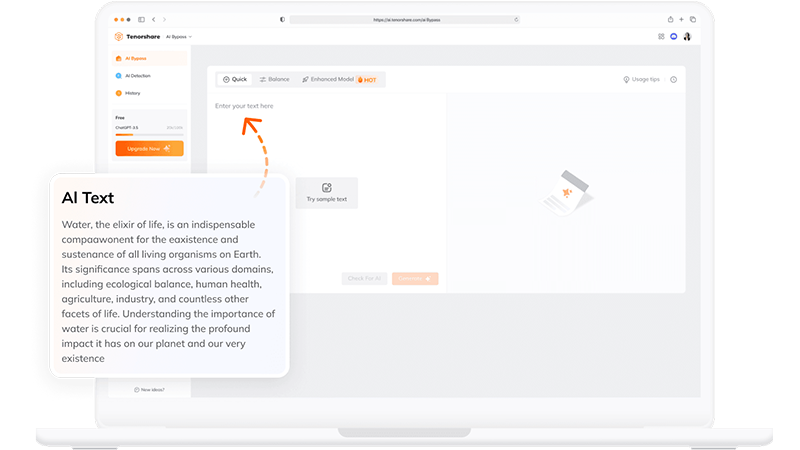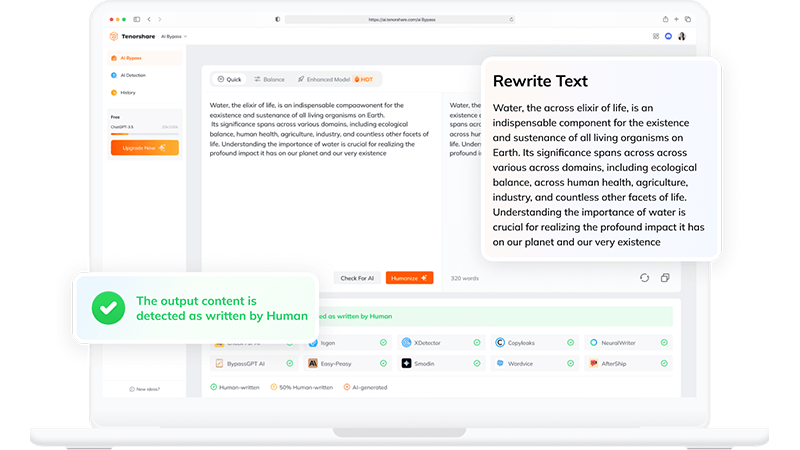Five Things to Never Tell ChatGPT: Protect Your Privacy
ChatGPT feels friendly and helpful, so it's easy to type without thinking. But the model is still a cloud service: whatever you write travels through OpenAI's servers and may be stored for training or safety checks. Security researchers and tech journalists keep warning that sensitive details can leak, be subpoenaed, or end up in future model outputs.
In this article, we'll explore the top five things to never tell ChatGPT, why it matters, and quick tips to protect your privacy.
Catalogs:
Why You Should Be Careful with ChatGPT
ChatGPT, developed by OpenAI, is designed to process and respond to user inputs. It's trained on massive amounts of data, but it's not perfect. Sometimes, the information you share could be stored, misused, or even accessed by others if proper precautions aren't taken.
Top Five Things To Never Tell ChatGPT
1. Personal Identifiable Information (PII)
Never share sensitive personal details like your full name, address, phone number, or Social Security number with ChatGPT. This kind of information, known as Personally Identifiable Information (PII), can be used to steal your identity or compromise your security.
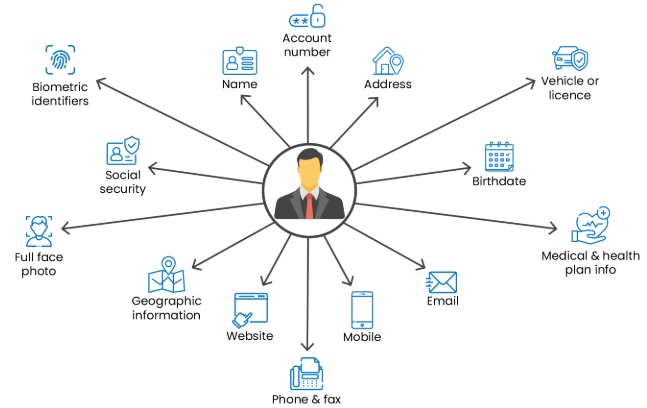
What to do instead: If you need help with something that involves personal info, like writing a letter or filling out a form, use fake details or keep it vague. For example, instead of sharing your real address, say "a generic address" or skip that part entirely.
2. Financial Information
Your bank account numbers, credit card details, or any financial passwords should never be shared with ChatGPT. While the AI itself isn't out to scam you, sharing this kind of information could expose you to risks, especially if you're using a public or unsecured platform to access the chatbot.

What to do instead: If you're asking for financial advice or budgeting tips, keep it general. For example, ask, "How can I save money on groceries?" instead of sharing your actual bank balance or account details.
3. Passwords and Login Credentials
It might seem obvious, but you'd be surprised how many people accidentally share passwords or login details when asking for tech support from ChatGPT. Whether it's your email password, social media login, or even a work account, never type these into a chatbot.

What to do instead: If you need help with a login issue, describe the problem without sharing the actual credentials. For example, say, "I'm having trouble resetting my email password" instead of typing out the password itself.
4. Confidential Work or Business Information
If you're using ChatGPT for work-related tasks, avoid sharing sensitive business details, trade secrets, or confidential client information. This includes things like proprietary data, client lists, or internal company strategies.
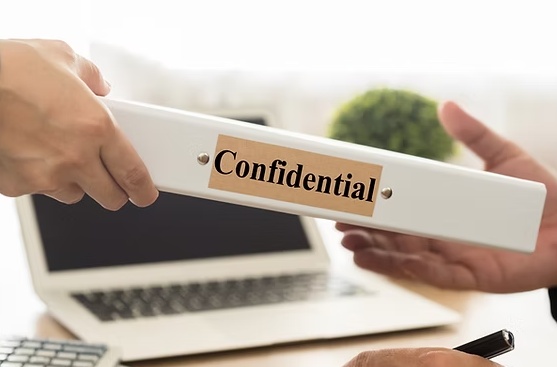
What to do instead: Use ChatGPT for general tasks like drafting emails or brainstorming ideas, but keep specific company details out of it. For example, instead of sharing a client's full contract details, ask for a "sample contract template" to work from.
5. Private Personal Thoughts or Secrets
It's tempting to treat ChatGPT like a diary or a trusted friend, but it's not. Avoid sharing deeply personal thoughts, secrets, or sensitive life details, like relationship issues or private health concerns. While it might feel like you're just venting, this info could be stored or accessed later.

What to do instead: Use a journal or a real conversation to process emotions. Let ChatGPT help with creative prompts or productivity tools instead—because when it comes to emotional vulnerability, this is definitely one of the five things to never tell ChatGPT.
Two Fast Way to Avoid ChatGPT Leaks
While ChatGPT can be incredibly useful, it's essential to take a few quick steps to protect your conversations—especially if you've ever shared any of the 5 things to never tell ChatGPT.
1. Turn off "Chat History & Training"
OpenAI provides an option to prevent your conversations from being used to train future AI models. When it's off, your chats stay private and won't be seen or used for training.
-
Log in to your ChatGPT account on the official OpenAI website or app.
-
Click your profile icon in the bottom-left corner and go to Settings.
-
Navigate to the "Data Controls" section.

-
Toggle off "Improve the model for everyone."
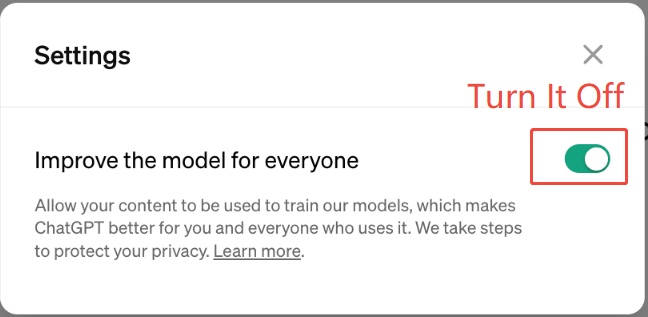
2. Delete Old Conversations
Old chats can be a privacy risk if your account is ever hacked or legally accessed. Clear them out regularly to make sure no sensitive info sticks around longer than it should.
-
Locate the Chat History section, typically found in the sidebar or under your account settings.
-
Browse through your past conversations and select the ones you want to remove.
-
Click the Delete icon next to each conversation, or select multiple threads if the platform allows bulk deletion.
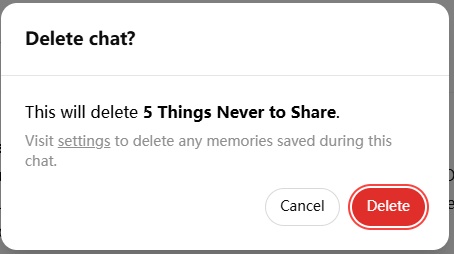
Bonus Tips. How to Humanize ChatGPT Content?
Now that you know the five things to never tell ChatGPT, it's just as important to make sure the content you do share doesn't sound too artificial.
AI detectors like GPTZero or Turnitin don't judge the meaning of what you write — they analyze how it's written. Even harmless content can sometimes be flagged if it resembles machine-generated text in tone or structure.
To avoid this, you can use Tenorshare AI Bypass — a one-click tool that rewrites AI text to sound more human and natural, helping it pass detection checks with ease.
-
Paste your ChatGPT-generated text into Tenorshare AI Bypass.

-
Click "Humanize".
-
Instantly receive human-like content that reads naturally and with 100% human score.

FAQs About ChatGPT Privacy
Can ChatGPT store my conversations?
Yes, ChatGPT may store your conversations to improve its performance, unless you opt out or delete your history. Check OpenAI's settings to manage your data.
Is it safe to use ChatGPT for work?
It's safe as long as you avoid sharing confidential or sensitive business information. Stick to general tasks like drafting templates or brainstorming ideas.
Can hackers access my ChatGPT conversations?
While OpenAI has security measures in place, no system is 100% secure. Avoid sharing sensitive info to minimize risks.
How can I delete my ChatGPT data?
OpenAI allows you to delete your conversation history through your account settings. Check their official website for detailed instructions.
Conclusion
ChatGPT is an amazing tool, but it's not a vault for your secrets. By avoiding the five things to never tell chatgpt like personal identifiable information, financial details, passwords, confidential work data or private thoughts you can keep your privacy intact. Stick to general questions, use secure platforms, and always double-check your inputs to stay safe.
By the way, if you want your ChatGPT-generated content to sound more natural and human-like, you can try Tenorshare humanize AI .
You Might Also Like
- Daily Usage Limits Explained: ChatGPT’s o3, o4-mini, and o4-mini-high Models
- o3 vs o4-mini: Which ChatGPT Reasoning Model Wins?
- How ChatGPT Can Turn a Pet Into a Human
- ChatGPT Barbie Trend 2026: How to Make Your AI Doll?
- ChatGPT Action Figure Trend: How to Make Your Own in 2026
- Student Discounts for ChatGPT: Get 2 Months of Plus Free Guide
